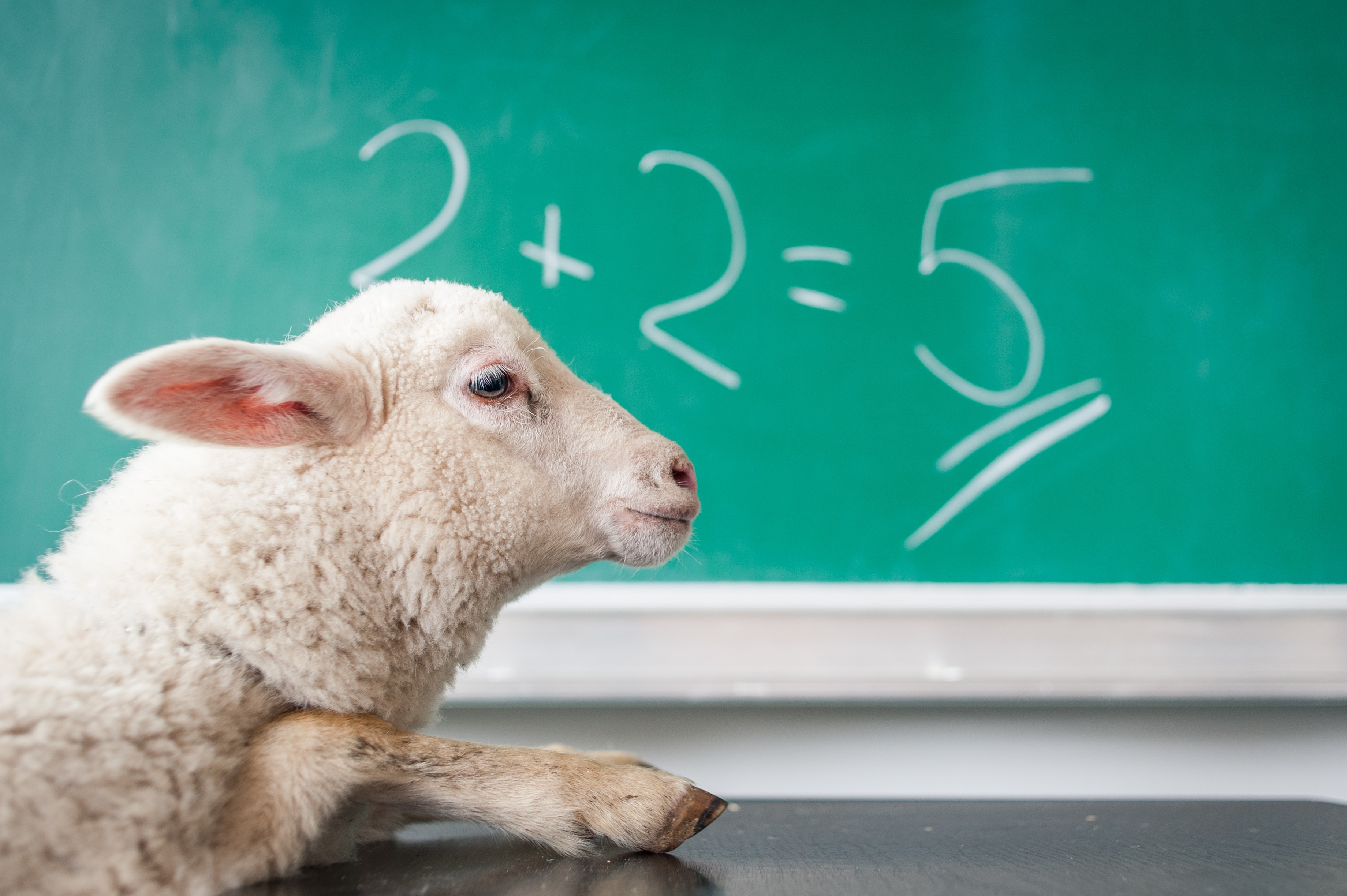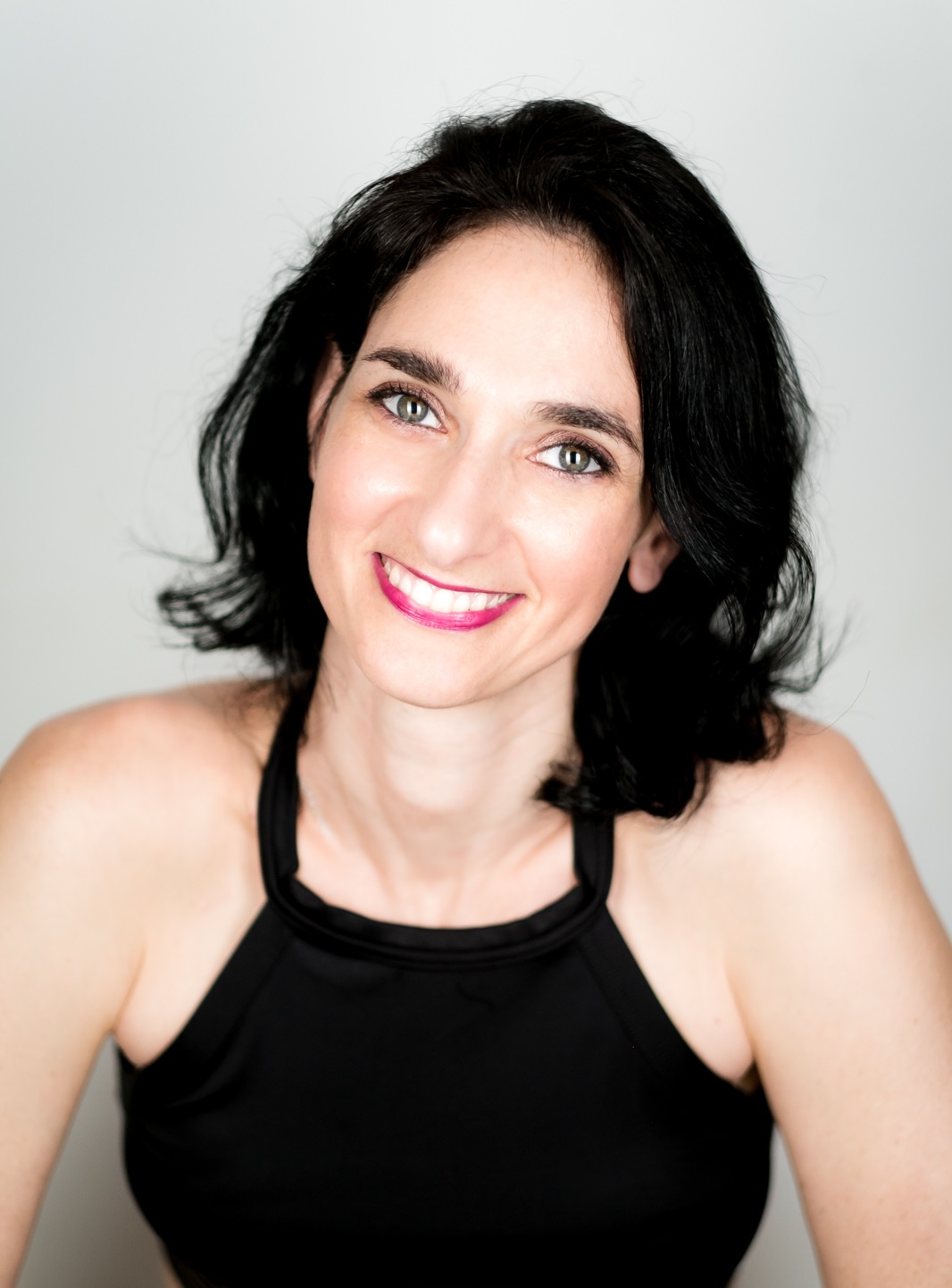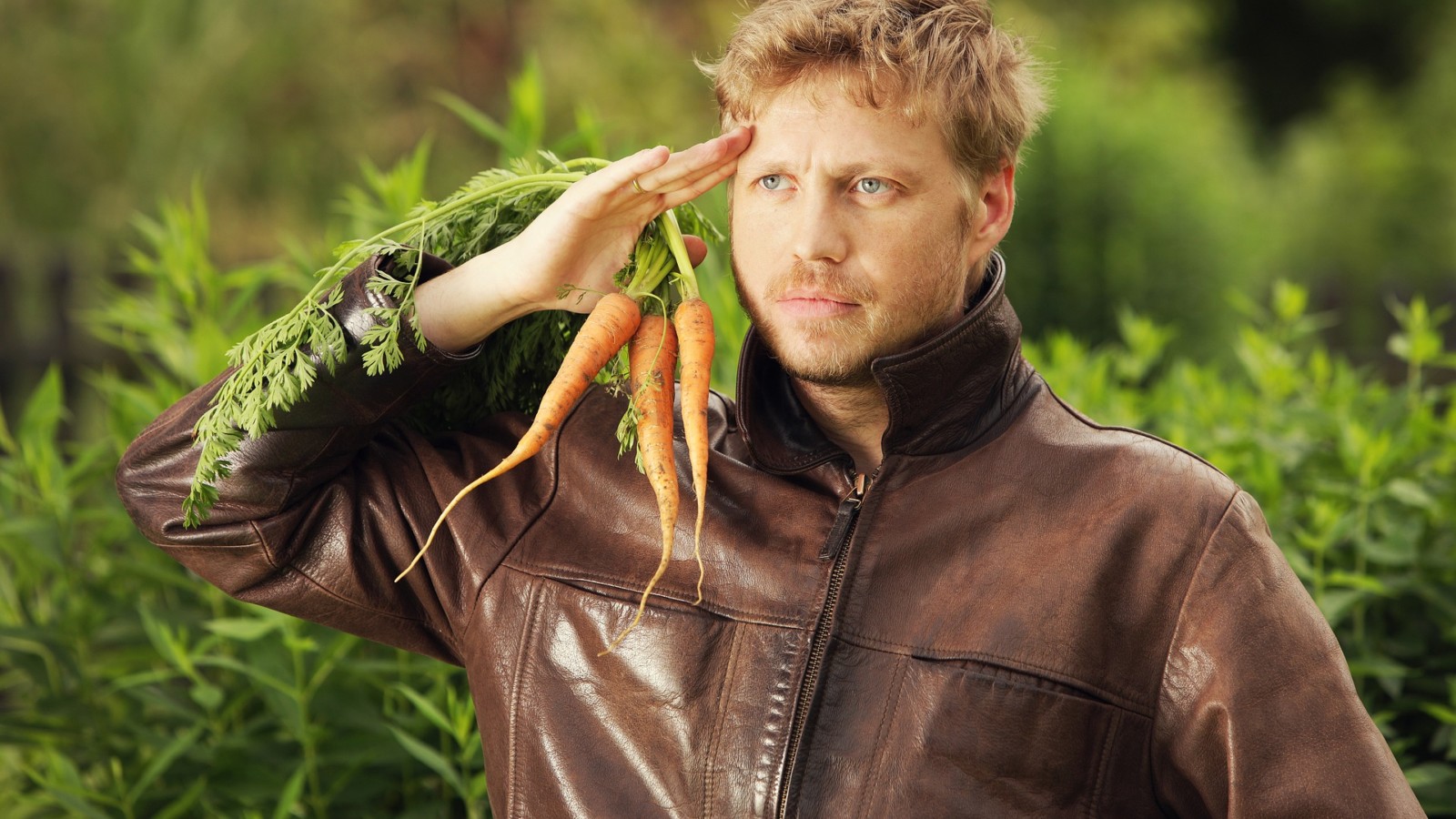Lying is developmentally normal and an important sign other cognitive skills are also developing, for any child under the age of 8 years old. Once children are old enough to understand the difference between what is true and what is not true, we start to encourage and support them in telling the truth. We do this by emphasizing the importance of honesty and helping them understand what can happen if they lie.
And then comes the world wide web, and everything they’ve learned becomes questionable.
It would be interesting to research their undeveloped brain to see and hear first hand what young children think of our double standard. However in this post I’d prefer focusing on giving them the tools to navigate between the right and the fake within the content they consume online.
No rules apply over the internet. Some information they’ll be exposed to will be true and some not, i.e. “fake news”. Our job is to teach them how to distinguish between them.
Fake news existed for generations. Going back to World War II, one of the most famous “fake news” is about eating carrots and our eyesight.
This “fake news” originated from a campaign during the war. As the British air fighter pilots wanted to prevent the Germans from knowing they have radar technology that is able to detect the German targets. So they spread false information saying their air pilots were eating a lot of carrots and therefore had good night vision.
I am sure some of you still think this myth is true, but eating carrots actually will NOT improve your vision.

As a mom, I love this myth as it helped me get my kids to eat carrots. One may say this is a harmless “fake news” and on one hand, I agree, what’s wrong with eating carrots. On the other hand, “what’s wrong” is a slippery slope.
In today’s era of fake news it is more than our duty to teach our kids how to find the truth, and that includes telling them the truth about carrots.
Today the source of information for us and mostly our kids comes from social media, i.e. TikTok, Instagram, memes, deepfake, and more. Everything you can imagine (and not imagine) can be found online, and can look as it is real. Try it, and you’ll be amazed… and terrified!
What can we do?
My rule of thumb to dealing with any piece of information I am not sure of is
“If it doesn’t make sense, do not forward it. Check.”
I fell for the carrot story, until a friend of mine that is a history fan opened my eyes, and then it was obvious. I eat so much carrots and I still bump into walls in the dark. In retrospect I should have questioned that “fact” from the get go.
How can we question a “fact”?
First, ask yourself, “does it make sense?”
To check if it makes sense we need to think critically. There are strategies we can use to evaluate the likely accuracy of information.
Some strategies includes:
- Checking the source of the story, is it a reliable one?
- Checking the website, is it a well known one?
- If you are unfamiliar with the site, check the about section or google the name of the author.
- Do mainstream publications share this story as well?
Besides critical thinking there is common sense.
If it sounds like a duck… In our case if it makes no sense or it sounds like a joke, it most likely is a joke. Obviously not always, but the majority of the time.
This leads me to the second part of my rule of thumb, sharing.
If you have a doubt, do NOT share!
We do not want to flood the internet with false information, because then our valid sources will appear to be not so valid anymore, as they become the minority. Look at this carrot myth that exists since WWII. Some people in the year 2021 still think they’ll get night vision if they eat carrots. This is because this story was repeated so many times till it became a “fact” .
Besides not flooding the internet with false information, there is our integrity. We want to make room for the truth and minimize the voice given to lies. I know it sounds like a lot to ask our children. As all they may want is to share on social media to get more likes, but with sharing our society has a lot to lose.
My guideline is simple but not easy. And yet, very important! Let’s teach our kids to hold back from sharing news they are not sure of, for the sake of keeping real news real, and fake news at bay.
If you are interested to find more, there are plenty of websites that check if an information found online is true or not, they are all a click away.
By the way, I did share the truth about carrots with my kids, and they are still eating carrots 🙂


